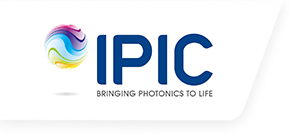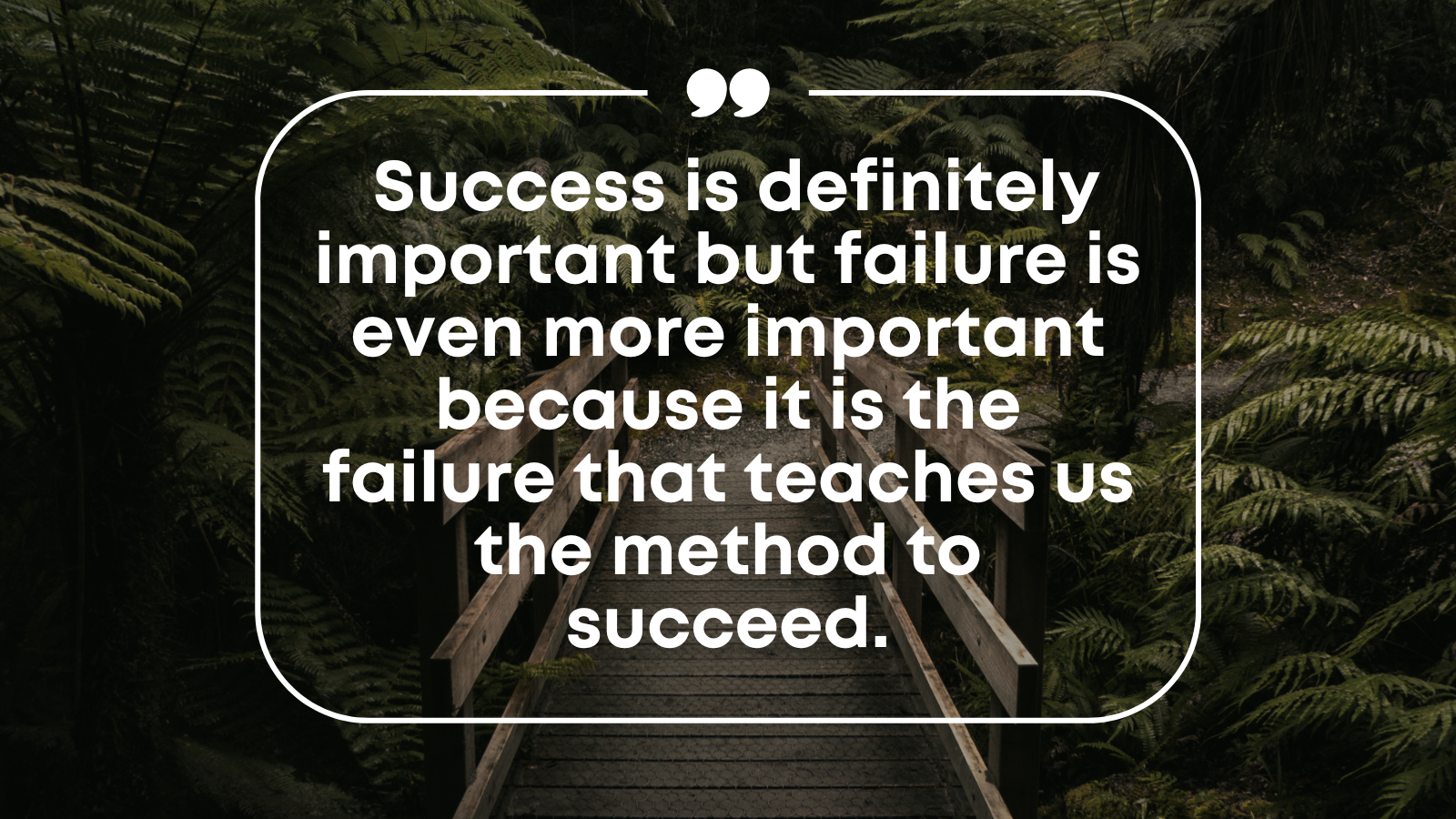For Science Week we’re releasing a special 2 part blog post from one of our researchers Rangana Banerjee Chaudhuri. This is Part 2.
Hi myself Dr. Rangana Banerjee Chaudhuri. I was born and grew up in a middle-class joint family residing in Kolkata, West Bengal, India. At present, I am a Marie Curie co-fund Sparkle postdoctoral research fellow in Dublin City University under the supervision of Prof. Liam Barry.
To be very honest, I didn’t plan my career choice steps from the beginning.
If I still need to be a little specific about my career choice, or the steps how I got into the career I wanted, then I would like to say that, I always wanted to study and work on something which is application-oriented and also at the same time research-based and not just repetitive. But that I did not realize from the beginning, as I already said.
To start from I chose to do B.Sc. in Electronics. That was again a problem!
People started asking me, “Is it B.Sc. Physics or B.Tech. Electronics?”
I said, “NO! It’s a B.Sc. Electronics! Not Physics and Not B.Tech as well!”
They said, “O! Is it then a new course?”
Now, what should I say to this? I was dumbfounded and thought it’s just useless to answer these people. But however, I realized one fact that I have chosen a subject which may be a bit on the offside. Honours in Electronics, makes you study Physics as well as apply that in circuit designing.
Anyway, so I completed my B.Sc.; though not with very good marks. However, since I grew up in a middle-class family as I mentioned, I thought that if I would have money then I can be happy and can solve all the problems. I applied to three different reputed multinational software companies after completing my B.Sc. and managed to receive job offers from all of them. I also joined one of them. But somehow, that did not make me happy as I thought it would.
The feeling of unhappiness made me quit my highly paid IT job and join M.Sc. in Electronic Science just to study again. After completing my M.Sc., I received a Lecturer job in a degree college where I had to teach Electronics to the graduation students. However, I still found myself unhappy and wanted to find out the reason behind that. I realized, that I am not happy because I am not being able to experience anything new. Also, since I lack a lot of practical experience in Electronics, I am unable to deliver myself completely to the students. I thought, my problem can be solved only if I get something to study which is research-oriented and at the same time need to have some real-time practical experiences which I will get if I join some industry.
That was it! I planned my career. To join M.Tech. followed by Ph.D. and then join some R & D sector.
I left the job and thereafter joined M.Tech. in Radio Physics and Electronics with a specialization in Photonics. Photonics, a subject that drew my attraction and interest since M.Sc. So I wanted to have further knowledge on that.
During my M.Tech., I was very overwhelmed to know how signal transmission through an optical fiber provides us with such a high speed and high bandwidth. And so I wished to continue my studies based on Photonics. While working on M.Tech thesis, I investigated three different signal processing algorithms which could remove the distortion that happen to disturb the signal quality in the optical fiber and thereafter published my first paper on that which earned few citations as well. I got highly excited. It was for the very first time when I proved those people wrong who once did not have faith in me that, I can also do something, who once concluded that love for Science is not enough to study Science. It was during this time when I cracked the All India National Eligibility Test (NET) exam which is conducted by University Grants Commission (UGC), India which determines the eligibility of Indian nationals for the post of Assistant Professor in Indian Universities and Colleges. .
Continuing with this subject, I joined the Ph.D. under the same supervisor to work on the same topic. However, this time my supervisor wanted me to do something experimental with an optical modulator that was to be procured in our lab. During my M.Tech. I was working only on simulations, so the very thought of me working on some experiments just blew me away. That was the time when I first came across the idea of Microwave Photonics. I’ll just brief a bit on this subject.
As we all know the capacity of 4G for mobile communication will soon be reached. The next-generation cellular network (commonly referred to as 5G and even higher) promises to deliver unprecedented data rates for the mobile user; many predictions suggest that data traffic will increase by a 1,000-fold factor over present-day systems. To achieve this goal, industry R&D communities have identified several disruptive technologies; one of such being Microwave Photonics that attempts to utilize the properties of photonic techniques to improve the performance of microwave/wireless systems.
The broad objective of my research work during Ph.D. was to generate microwaves/ mm-waves (MW/MMWs) with high-frequency multiplication factors (FMFs) from a low stable radio frequency source such that different unlicensed wireless users can be benefitted at the same time. Photonic based transceiver with the help of optical frequency comb was also a major part of my research which can also pave the way for next-generation RADARs.
I was working as a Senior Research Fellow in my lab and was paid from the Project that I was working on. I worked on two different projects. One was funded by Information Technology Research Academy (ITRA), Govt. of India and the second one was an Indo-Italy joint project funded by the Department of Science and Technology (DST), Govt. of India.
Though I have somewhat idea of what I wish to achieve (to become a scientist), yet not very sure exactly about it. The very idea of finally becoming a researcher was stamped when I joined a R&D sector as a research Scientist where I was employed to designed photonic transceiver for Indian defence. Working in an industry has assisted me to acquire scientific and management capacity, research maturity, meeting deadlines and helped me to gain professional maturity. However, I really wanted to know more and more about the photonic transceivers. So started searching for researcher position in this field abroad. Received two postdoctoral offers from Dublin City University. One was about a project on Free space Optics and another was Marie Curie co-fund Sparkle postdoctoral research fellowship (this was my own proposal of designing a photonic transceiver from an optical frequency comb). I was just on top of the world and chose the second offer to join under the supervision of Prof. Liam Barry in Dublin City University, Ireland.
There were too many obstacles as always in every path you choose. Mine was also nothing exceptional as I explained a bit before. I would say that challenge/struggle and I are best of friends! It never leaves me alone. But yes! Now I also pretty love to be with them! Ha! Ha! (Laughing!). Anyway, I’ll just like to tell about few of my major challenges or obstacles maybe that I faced.
Challenge 1: Financial
Since we all know that fellowships are received for a particular time frame, so to not get a fellowship at the beginning and end of my Ph.D. career was a troublesome challenge for me. I somehow managed to give some private tuition to school and college students to live my expenses. My parents also supported me a lot.
Challenge 2: Frustration
During the Ph.D. lifetime, everyone gets frustrated due to one or more reasons. All stupid thoughts start creeping into our head– that “Am I good to do a Ph.D.?”, “Do I really fit into this?”, “Will my paper ever get published after so many rejections and awful reviewer comments?”, “What the hell am I doing here? My school friend is earning more than me!” etc., and the unending list just goes on. Every now and then the thought keeps coming that I should quit Ph.D. But that is the time when we seriously need to be very patient, calm, and compose. Thanks to my parents and a few of my friends who really supported me a lot at the time of frustration.
Ph.D. to be completed basically requires 1 or maybe 2 years of successful hard work. The rest 4 or 5 years are just the failures. But it is the failure which brings success to us. For the very first time, it was during my Ph.D., when I realized the importance of failures and perseverance.
Challenge 3: Fear
Fear was my third challenge. Fear of what if I fail to publish good papers? , Fear of what if I had chosen a wrong path? Fear of what others will say if I cannot complete my Ph.D. or take too long to complete it? And so on and so forth. But, from my fears, I have realized, that the day when we start becoming successful is that very day when we stop thinking about those tiny obstacles which once bothered us a lot. Now, those obstacles just seem insignificant to me.
Challenge 4: Damage of major experimental instrument
One fine morning, suddenly the modulator which was the main instrument of my work got damaged accidentally. It was so costly, that to buy another one at that moment was next to impossible. I felt completely devastated. That is when I had to switch my work direction (based on theory and simulation) until my supervisor managed to get another such device. And we all know how difficult and time consuming it is to procure things in State Universities of India.
Challenge 5: To get a job in an R & D organization
From the time of Ph.D. or even before that, I had always dreamt of joining an R&D organization in a Scientist position engaging myself into some work that in turn will help to serve our nation. So this was my fifth challenge.
I had to hear a lot from people who kept on saying, “What did you do by studying so much if you cannot get a job?” To this, I had no answer. But probably, action speaks louder than words. And now, I smile, when these people tell others, “Wow! Look at her! She is a Scientist with double masters and a doctorate degree!” I know they should not say like this. But if I say I don’t like it, then I will be lying.
So here, I would like to say one thing. Challenges, struggle, tantrums are just part and parcel of our lives. We need to be steady enough and keep moving. Because ultimately, it is those obstacles that actually help us to bring our distinctiveness.
Challenge 6: Covid effect
After my Ph.D. I started working as a Research Scientist at Lightmotif Automation Sensors and Systems Pvt. Ltd, Hyderbad, India (March 2020 to April 2021). A short sketch about the job profile: Lightmotif developed different types of Microwave Photonics products and delivered them to the Indian Defence sector. It is about researching and developing various products to generate, transmit, and receive high-frequency radio waves with the help of Photonics, the technology so-called radio over fiber (RoF). This is an analog transmission process. Here the light is modulated by a radio signal and transmitted over an optical fiber link to facilitate wireless access. The best example of such a thing in our day to day life is the broadband internet fiber to the home. But it was during this period we were hit by COVID and it was very difficult for the company to pay their employees because of the locked-down. But this cannot be helped. It was during this time I engaged myself to study more about photonics and write proposal for some research fellowship. So again I started searching for something else (but this time it was abroad) and received the Marie Curie co-fund postdoctoral offer. And here I would like to point out one thing that maybe I like to enjoy most is the path of overcoming the obstacles. It just feels when to trek a mountain and finally you are at the summit. That’s what I felt after I received the researcher mobility program to join Dublin City University in Ireland.
Researcher mobility, I would say is very important in the life of any researcher and is no doubt extremely beneficial. It always helps to acquire and share knowledge from various researchers coming from all around the world. Settling down in Ireland from India has helped me a lot I would say. It has given an immense exposure to an innumerable types of instruments which I had always dreamt of handling when I was in India. It also helped to visit other different countries for workshops and conferences that helped me to increase my international networks.
There is some advice I would give someone who is unsure which career path to follow.
First: I would like to advice students, never stop dreaming and never lose hope; because you never know what tomorrow’s sunrise has in store for you. Follow your heart, follow your dream, and work very hard to fulfil them; success will automatically follow you.
Second: I would also like to say, if we know what do we want and why do we want, then there is no chance of being afraid of anything. And finally, when we overcome the one fear we had (if any) then we definitely become unstoppable.
Third: Apart from all these I would also like to mention that networking is very important. Because it is the networking that brings new opportunities and transfers knowledge. So students should always try to expand their networks.





